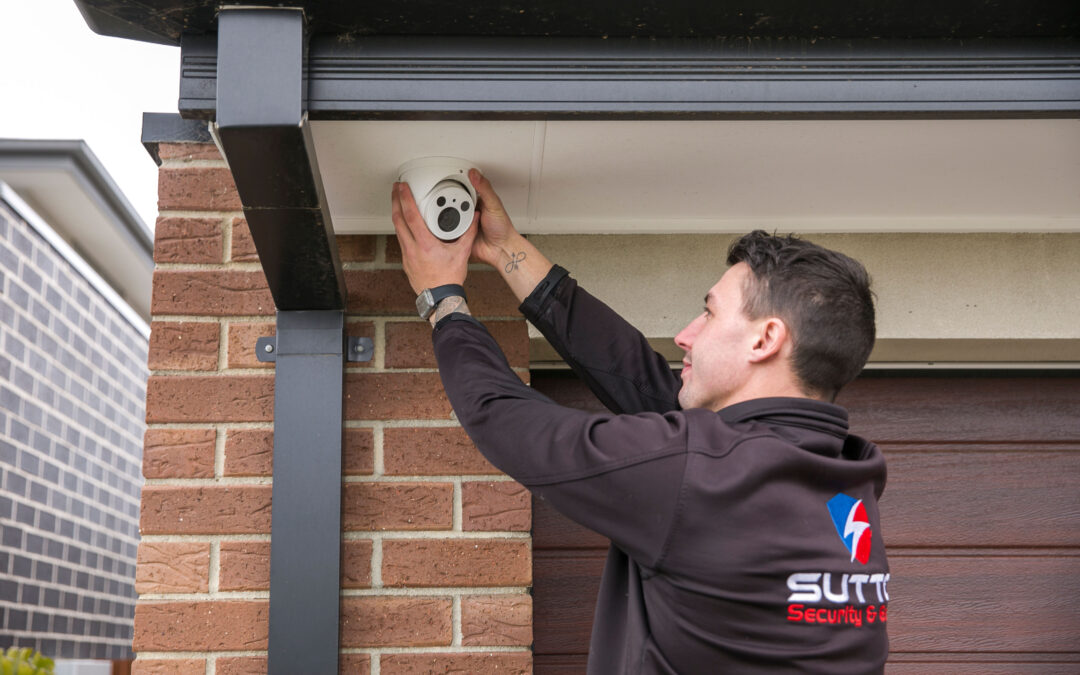What to Ask Before Installing A CCTV Camera
A little more home security has never hurt anybody, and prevention is always better than cure. A closed circuit television security system (CCTV) adds another layer of protection to your home, and helps to keep your valuables safe even when you’re away. However, though necessary, it is an investment. Before installing a security camera, here are a few things to consider:
Will the CCTV System Work for Your Potential Scenarios?
Maybe there have been a few break-ins around your area – or worse – maybe you’ve had someone break in before. Regardless, it’s important that your CCTV camera functions how you want it to, and some scenarios are clearer to you than to others. Consider a few potential scenarios and discuss them with your CCTV consultant. They might have more options and ideas on camera placement and positioning, or software/hardware suggestions to bolster your security for specific events and occurrences.
Can You Add Equipment After the Initial CCTV Installation?
Things rarely stay the same. Families grow, and businesses expand. It’s just the way of the world. So, make sure it’s also the way of your CCTV system.
Ask your security company if the system you’re about to install can scale with your needs. How difficult is it to add hardware? Will the software work with other brands of cameras? If you want to expand your system after CCTV installation, which is quite possible, make sure it can handle it. Otherwise, in a couple of years, you might be stuck with a system that no longer fits your needs.
What Areas Do the CCTV Cameras Cover?
Depending on the size of the CCTV camera lens, your CCTV camera may have a greater or lesser range. It’s important to know the size of the lens if you were looking to cover the surveillance of large spaces (carparks, warehouses, etc.) The size of the sensor is important too! The larger the sensor, the more light will enter and the greater the angle of view we will have. So speak to your CCTV installer or security provider to find out more details about blind spots and area coverage.
Should I opt for Infrared or non-infrared CCTV cameras?
Infrared lenses allow us to have night vision, which is necessary if the spots you’re looking to view are poorly lit. There are cameras that incorporate infrared lights and simple cameras which you can support with an infrared focus. However, bear in mind that these cameras are different from thermal cameras, based on the heat radiation that a body emits. Either ways, having a clear sense of what your requirements are and discussing all possible options with your CCTV installer is key to getting the right camera for your home.
How many add-ons can be made after the first CCTV installation?
Change is the only constant in life, so having an adaptive CCTV camera system to grow and scale with your needs is important. Chat to your security installers about the difficulty of adding hardware. Will the software work with other CCTV camera brands? If you are looking to expand your CCTV security system down the road, which is quite plausible, make sure this system can handle it. This ensures that you won’t be stuck a few years down the road if you’re looking to upgrade and fit newer requirements.
What is maintenance like for the CCTV system?
Security systems require maintenance but this tends to fall on the more technical side. You need someone who can manage the system between hardware and software updates. This question is much better to ask before CCTV installation than when a problem occurs. It’s best to clarify with your CCTV professional what the steps are to ensure you always have the right expertise at hand.
Need help with your CCTV installation? Have questions about setting up a security system? Get in touch with us now and receive $50 off when you book online .












Recent Comments